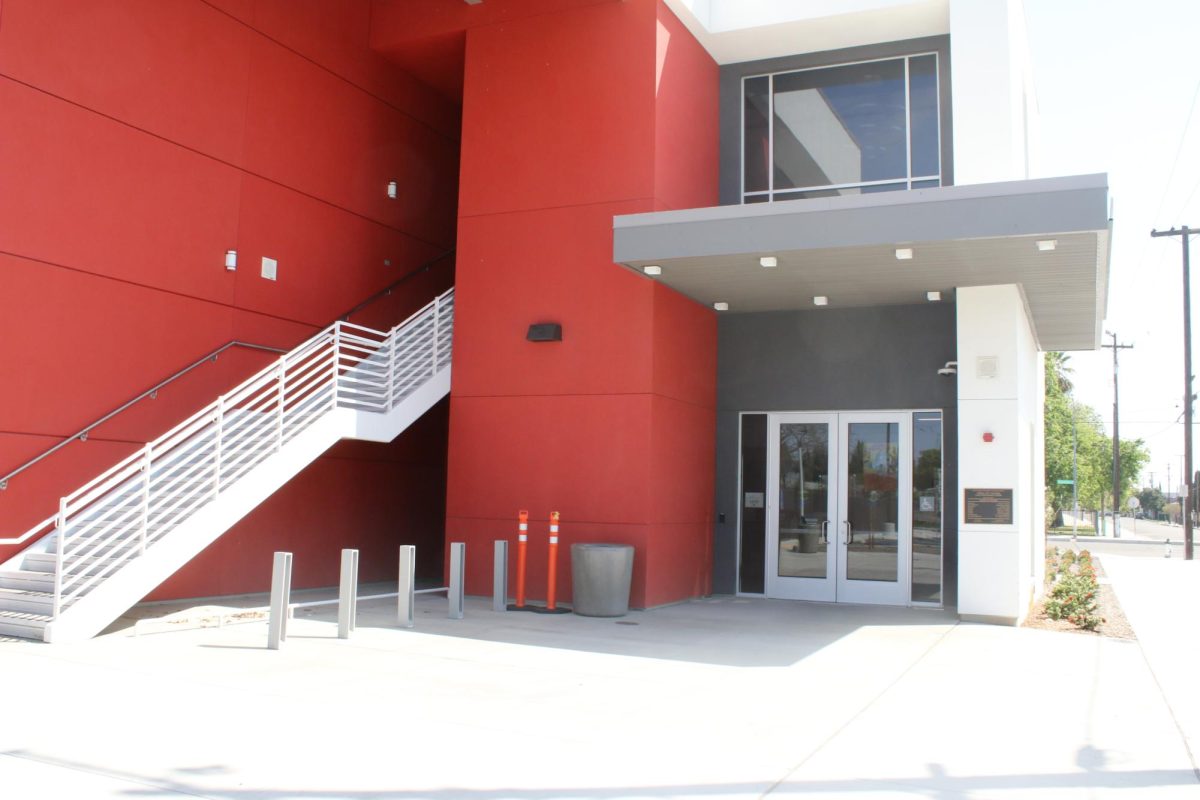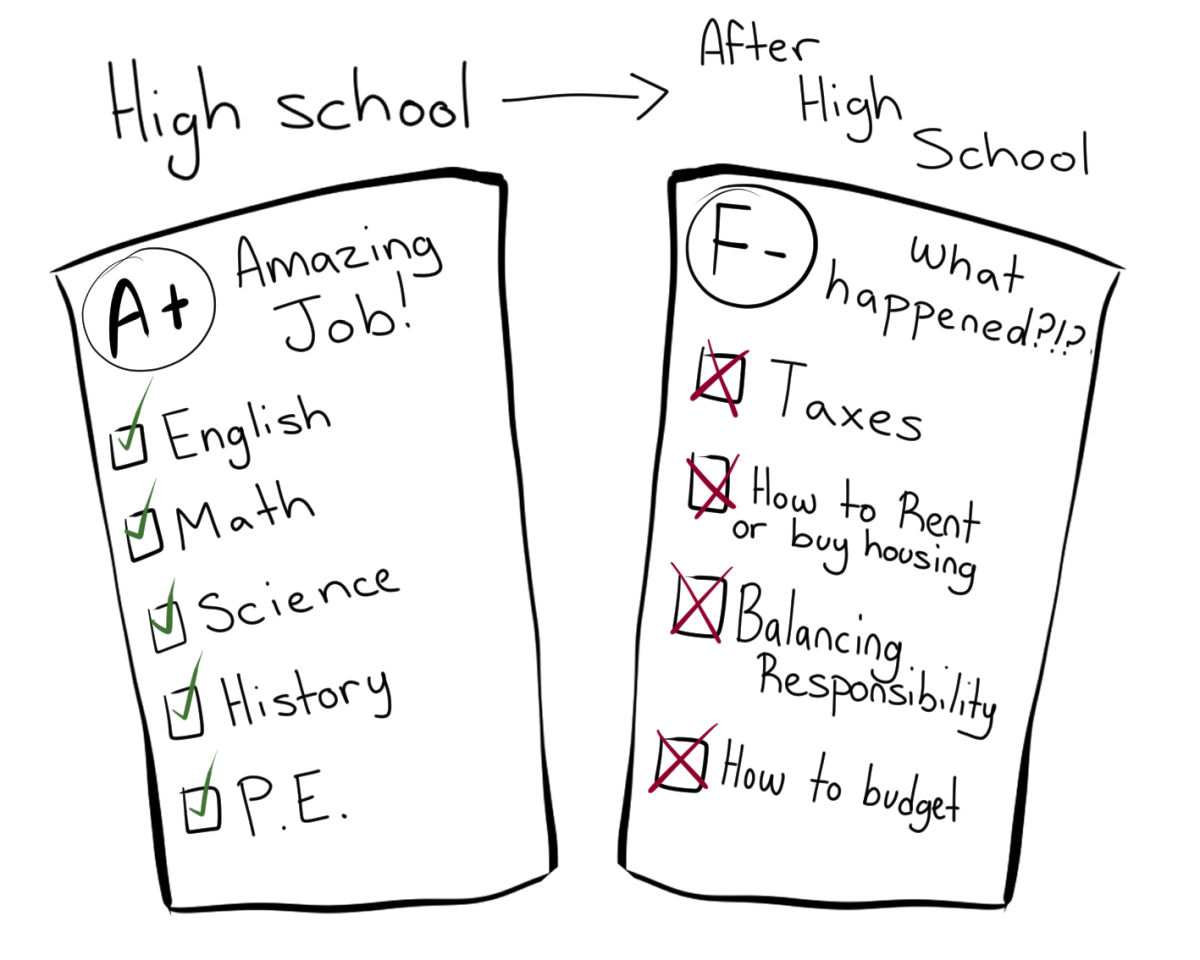Medical is a service offered in the United States to low or no income homes. Good intentions aside, the Medical system is far from the smooth operation it seems to be on paper.
After a five hour visit to the Social Services offices on Phillips and Kings Canyon Road, my level of frustration and confusion had increased beyond tolerable levels. A year-long battle for the correction of a single mistake had brought me to the brink of rage.
The first issue with the system is qualifying for the services Medical offers. A citizen must be under 21 years of age and have a low to no income. Here is where the brilliant fine print comes in. A person qualifies with the above but if they are living in the home of their parents, their parents’ income is assessed and the person has a large share of cost.
In my particular case, the share of cost would be $1,400 a month which is greater than each of my parent’s income being that they are on disability. The frustration ensues due to the fact that my parents being on disability should be among the reasons for qualification.
Since there is an issue with the household income, another qualifying distinction would have to be the person being pregnant out of wedlock. I am not pregnant and I do not have any children. Following that requirement, one of the questions for qualification is “Do you know who your father is?”
This implies that a person that is pregnant and does not know who their father is would be a prime candidate for Medical. Along with that, I am a U.S. citizen. There are non-citizens receiving benefits while I cannot manage to receive coverage at all.
Adding insult to injury, while I was at the offices of social services, I had the great displeasure of being in contact with Terry Sanchez, a window attendant at the office. Her demeanor is the reason people complain about government offices. She whole-heartedly embraces the cliché of the discontented government employee.
I was at another window taking care of some personal business when this woman decided to interject by calling security on me for no reason. I was upset, but I was not raising my voice and I was not confrontational by any means. The woman helping me at my window cleared up the situation by telling an accurate account of the situation.
“What do you want?” was the greeting I received when reaching her window later in the afternoon to ask her a simple question before I left.
When I merely asked for her name, she threw her badge at me and stated her name. Alongside her thrilling communication skills, Sanchez also demonstrates a lack of vigilance when it comes to confidential paperwork.
“Next time you want something, wait in line. I have confidential paperwork out,” said Sanchez.
To further explain, there was no one else in the office as it was nearly closing time. The attendants were getting ready to leave and I wanted to catch her name before she left for the day.
She was away from her station so I waited patiently and quietly for her to come back. Instead of being met with a simple answer, I received a disturbing attitude and a confrontational tone.
One final aspect of concern about this system is the way its employees are trained and taught to work with applicants. In the course of one year my case worker changed four times. The most recent worker to take on my case was still in training.
While training is an important step in working for a system like Medical, making sure the employee completes training before working with applicants would be prudent. Their work load is well above the large mark and sending in an employee that is not fully trained is feeding them to the wolves.
When an employee is not completely trained, the applicants tend to get apprehensive and somewhat paranoid as to the standing of their case. They will ask questions that in turn frustrate the new employee, thus setting up a cycle of misunderstandings and rising tempers.
Not only do people going through the Medical process have to jump through unreasonable hoops, but they have to deal with attendants and workers that are far from personable. I urge the population of government appointed employees to not be discontented but rather to rejoice in the simple fact that they have a job in an economy in ruins.
Categories:
Are Government Healthcare Programs Insufficient?
Story By: Kaitlin Regan, Rampage Reporter
November 2, 2011
Story continues below advertisement
0
More to Discover






